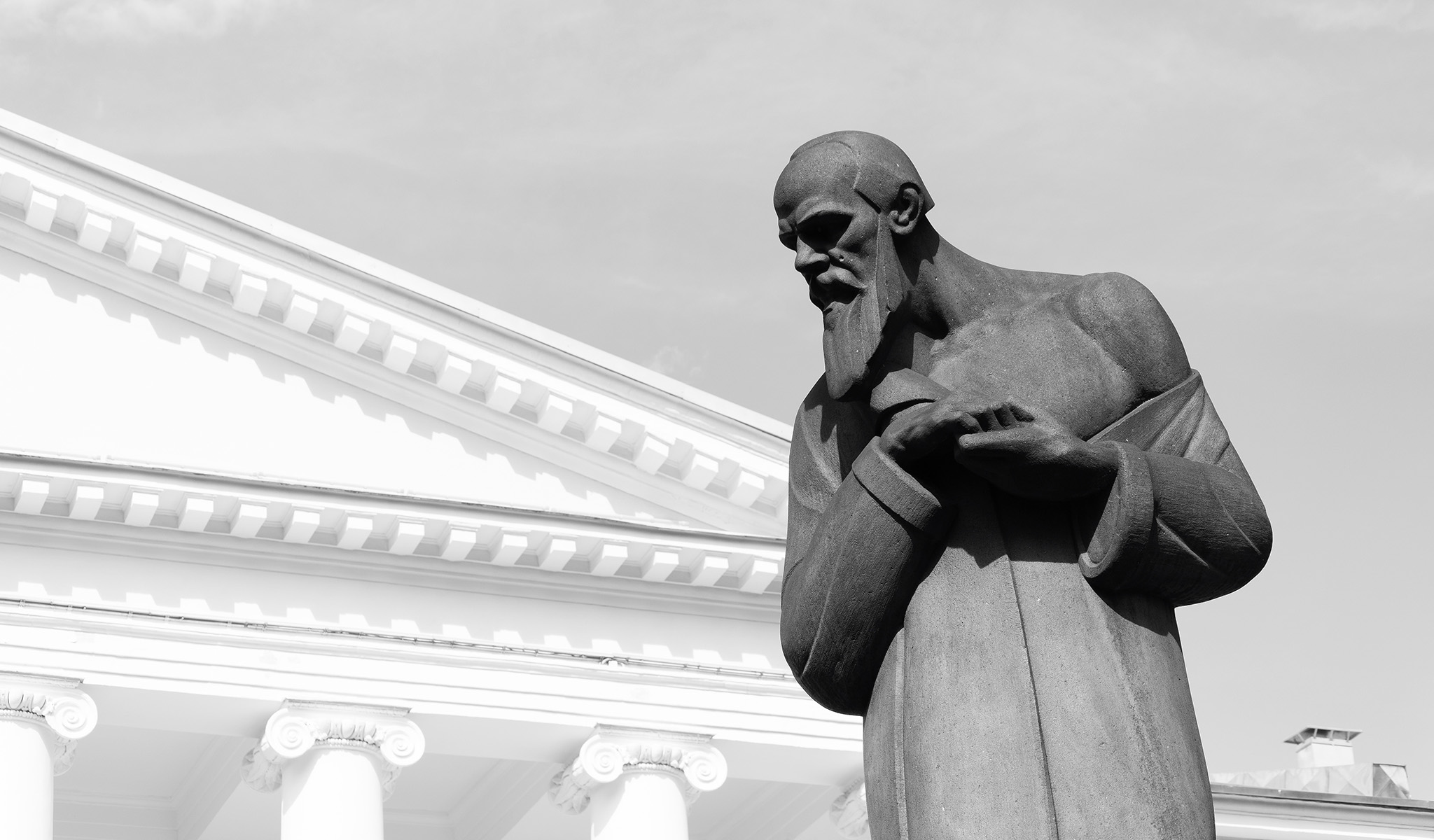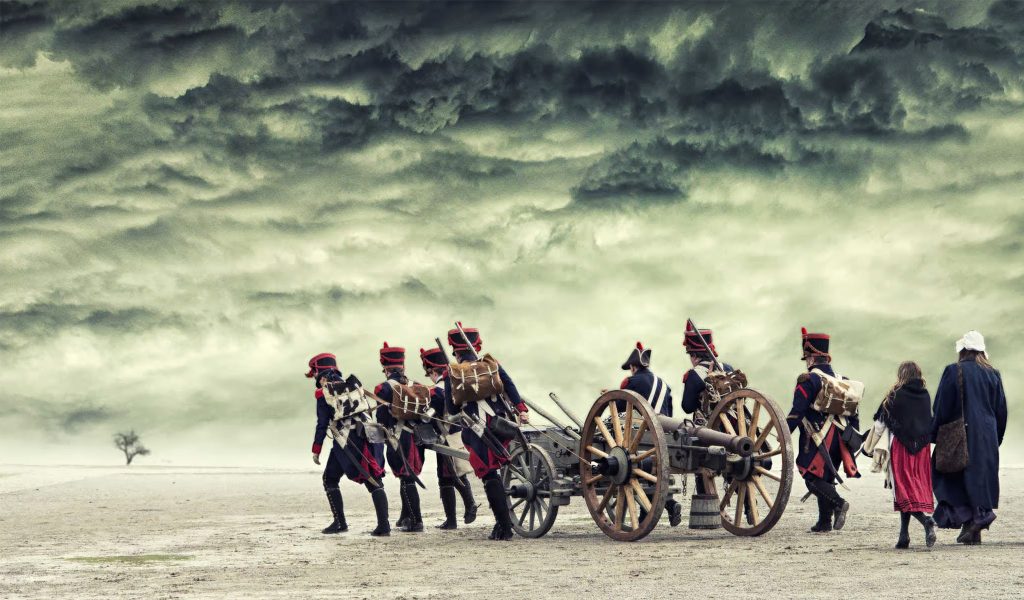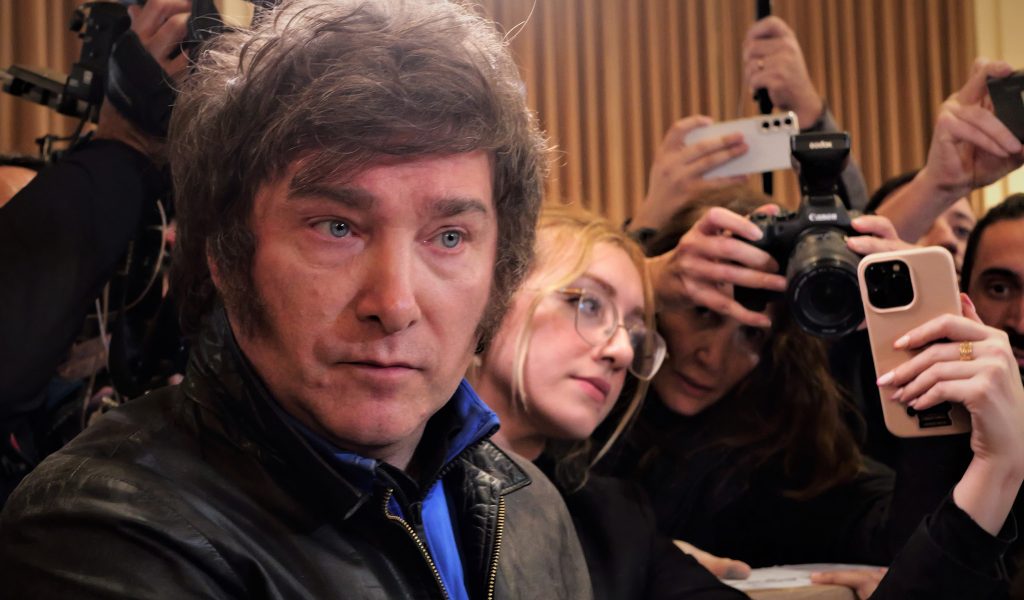In the classic Fyodor Dostoevsky novel Crime and Punishment, Rodion Romanych Raskolnikov commits the murders that shape the book in the midst of a sweltering St. Petersburg summer. In the words of Dostoevsky, “It was terribly hot out, and moreover it was close, crowded; lime, scaffolding, bricks, dust everywhere, and that special summer stench known so well to every Petersburger who cannot afford to rent a summer house.”
Dostoevsky’s description of St. Petersburg’s repressive heat came to mind while reading a front page Washington Post story last week with the headline “2023 is declared the hottest year on record.” To read about the weather nowadays is to read it in dramatic fashion, about “blistering surface temperatures” and other horrors meant to give the impression that brutal heat is a thoroughly modern concept. Dostoevsky would surely be amused.
What might amuse him even more are the explanations from those partial to the theory of global warming. Returning to the Post article about the “hottest year on record,” reporters Scott Dance, Sarah Kaplan and Veronica Penney wrote that the “Earth’s average temperature last year was 1.48 degrees Celsius (2.66 degrees Fahrenheit) hotter than the preindustrial average, before humans began to warm the planet through the burning of fossil fuel and other polluting activities.” The certitude of warming scientists and the reporters who report on them is astounding. Apparently human-caused warming is fact, and it’s fact even though the same Washington Post has reported about higher temperatures and greener locales like Greenland from thousands of years ago. But that’s a digression. To get into temperature or statistical fights is to pretend that Earth was somehow better or cleaner or colder before industrial purposes were found for oil and other products of the Earth.
Rather than debate theories, it’s useful to tack back to Dostoevsky. Crime and Punishment was written in 1865, just six years after oil was discovered in Titusville, PA. Mass produced cars were well in the future, among countless other comforts that wouldn’t have been possible absent the discovery of oil’s commercial uses. One gets the feeling that Dostoevsky would have treasured those comforts. Readers hopefully know why. And if you don’t, stop and think how uncomfortable life would be where you presently live in the summer without air conditioning, and in the winter without heat.
About summer heat, a quick Google search indicates that summer highs in St. Petersburg are in the 70 degree Fahrenheit range, so much more comfortable than the U.S.’s major cities. Despite that, Dostoevsky still deemed the summers very uncomfortable, not to mention the stench born of heat.
Global warming theorists might respond to all of this that before cars and other byproducts of fossil fuels, Earth was so much cleaner and nicer outside, thus mitigating the repressive heat. Oh wow, it’s no reach to conclude that this kind of assertion would really amuse Dostoevsky.
The simple truth is that Earth before technological leaps made possible by the “burning of fossil fuel” was incredibly dirty. As Raskolnikov’s mother (Pulcheria Alexandrovna) described the climate in St. Petersburg, while her son’s room “is awfully stuffy,” there’s no relief outside. “It’s the same outside as in a closed room,” as in there was no relief from the horrid odors that repressed the vast majority of St. Petersburgers.
The simple truth is that life before fossil fuel consumption was defined by a lack of “climate mastery” (Alex Epstein) indoors, and with production logically primitive due to that same lack of fossil fuel consumption, the “fresh air” that some might seek outdoors was as elusive as it was indoors, and in living spaces that gave new meaning to tiny. In Raskolnikov’s case, his living space was so tiny that he could unlatch the front door from the bed on which he slept.
Thinking about the brutality of life in St. Petersburg back in 1865, it’s fascinating to contemplate how Dance, Kaplan and Penney would have described it for readers. Would all the filth and misery have been described as glorious? Hopefully the question answers itself, after which readers hopefully start to question the theory behind a religion that says in order to save the environment, humans must suffer mightily all the while dirtying that same environment as part of their suffering.
Republished from RealClear Markets











